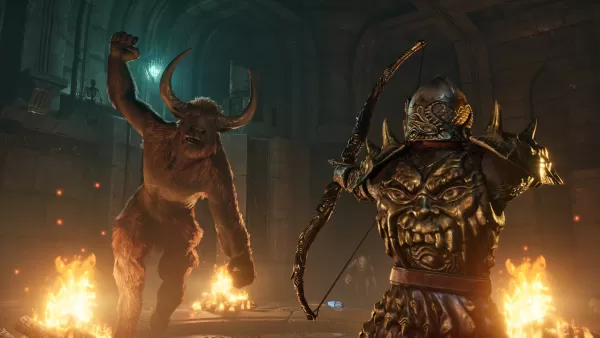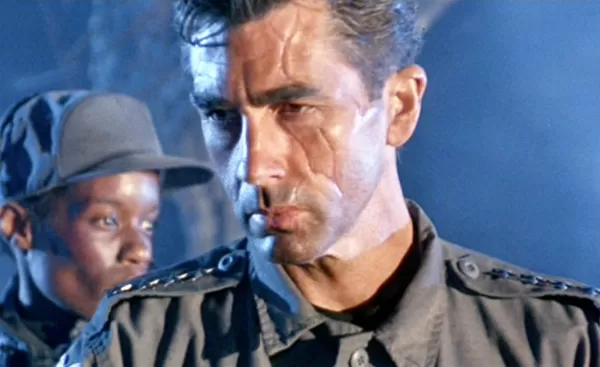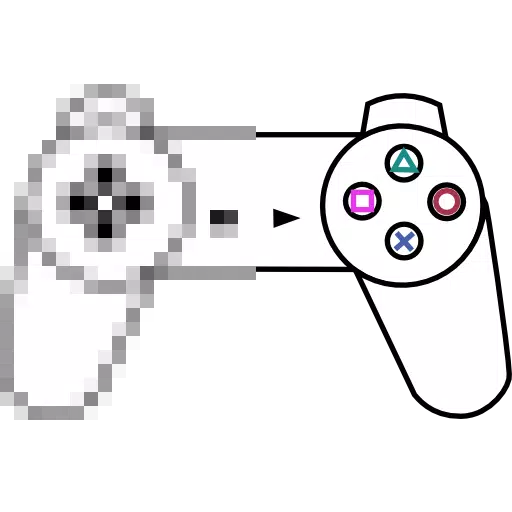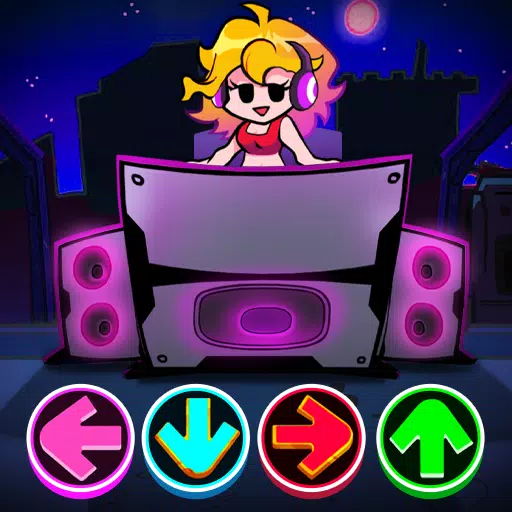When Bethesda unveiled Oblivion Remastered earlier this week, I was astounded. The 2006 journey through Tamriel, once characterized by its quirky, potato-faced characters and blurry, low-resolution landscapes, has been transformed into the most visually stunning Elder Scrolls game to date. After years of HD remasters that often left me unimpressed—like Mass Effect Legendary Edition and Dark Souls Remastered, which hardly differ from their Xbox 360 originals—seeing the Imperial City rendered in Unreal Engine 5 with ray tracing was a revelation. Beyond the visuals, the game has seen significant enhancements in combat, RPG mechanics, and numerous other details. Given these extensive changes, I initially questioned whether this should be called Oblivion Remake rather than a remaster.
It turns out, many share my sentiment. Fans and even Bruce Nesmith, a senior designer on the original Oblivion, have suggested that "remaster" might not fully capture the scope of the transformation. However, after spending several hours with the game, it became clear that while Oblivion Remastered looks like a remake, it fundamentally plays like a remaster.
The reasons why it looks like a remake are straightforward: Virtuos has meticulously redesigned every single asset from scratch. Every element you see on screen—from trees and swords to crumbling castles—is brand new. This overhaul not only meets modern graphical standards with its beautiful textures and lighting but also introduces a new physics system that makes every arrow and weapon strike feel more realistic. Even though the characters you encounter are familiar from 2006, every NPC model has been recreated. This ambitious project aims to meet the expectations of 2025, making it the most visually impressive Bethesda Game Studios RPG to date. If I had seen this before the remaster rumors, I might have mistaken it for The Elder Scrolls 6.
Yet, it's not just the visuals that have been updated. Combat has been refined, making swordplay feel less like swinging a balloon. The third-person camera now includes a functional reticule, and all menus, from the quest journal to dialogue and minigames, have been given a modern interface. The original, often criticized leveling system has been replaced with a more intuitive hybrid of Oblivion and Skyrim's approaches. Sprinting is now possible, a long-awaited feature. With such extensive visual and gameplay upgrades, one might argue it's more of a remake than a remaster.
However, the crux of the issue lies in the terminology. The video game industry lacks clear definitions for remakes and remasters, leading to confusion. For instance, Rockstar's "Definitive Edition" remasters of the Grand Theft Auto trilogy retain their PlayStation 2-era blockiness despite some graphical enhancements. On the other hand, the Crash Bandicoot N. Sane Trilogy, also labeled a remaster, features completely new assets and could pass for a modern game. The term "remake" is even more varied, encompassing everything from faithful reconstructions like Bluepoint's Shadow of the Colossus and Demon's Souls to more radical overhauls like Resident Evil 2 and Final Fantasy 7 Remake.
Traditionally, a remake was considered a game rebuilt from scratch in a new engine, while a remaster involved more modest upgrades within the original framework. Yet, this distinction is becoming increasingly outdated. A more relevant definition today might describe a remaster as a graphical overhaul that retains the original game's core design, with some quality-of-life improvements, while a remake involves a complete redesign from the ground up. Under this definition, even Demon's Souls and the upcoming Metal Gear Solid: Delta might be classified as remasters.
 New lighting, fur, and metallic effects are just the tip of the iceberg of Oblivion Remastered's changes. Image credit: Bethesda / Virtuos
New lighting, fur, and metallic effects are just the tip of the iceberg of Oblivion Remastered's changes. Image credit: Bethesda / Virtuos
Applying these definitions, Oblivion Remastered is aptly named. While its new assets and Unreal Engine 5 ray tracing make it look brand new, the game's core mechanics and structure remain rooted in the 2000s. Bethesda emphasized that they upgraded every aspect without altering the game's essence, stating, "We looked at every part and carefully upgraded it. But most of all, we never wanted to change the core. It's still a game from a previous era and should feel like one."
The hallmarks of that era are evident throughout. The frequent loading screens, the still-baffling persuasion minigame, the simplistic city designs, the awkwardly moving NPCs, and the somewhat clunky combat all hark back to the original. Even the game's bugs and glitches have been preserved, maintaining the quirky charm of the original.
Recent games like Obsidian's Avowed showcase the evolution of game mechanics, making Oblivion Remastered's systems feel dated by comparison. However, this remaster still offers much to enjoy in 2025. The magic of its world remains captivating, with its vast open fields filled with mysteries and oddities. Its ambitious features, like the dynamic goblin wars and well-structured quests, still stand out. The game's old-school approach to player freedom feels refreshing amidst today's more guided gameplay experiences. Yet, the granular details—dialogue, system interconnectivity, and level design—reveal its age. A remake would have updated these elements, but Oblivion Remastered is about reliving the past, making it a true remaster.
Video games often borrow terminology from other media. In film, remakes are new productions with new casts and scripts, while remasters enhance existing films to modern standards. The 4K restorations of classics like Jaws and The Godfather look stunning but remain unmistakably products of their time. Oblivion Remastered is similar, pushing visual quality to the limit by recreating its "exterior" in a new engine while preserving its core 2000s essence. As Alex Murphy, executive producer at Virtuos, explained during the reveal stream, "We think of the Oblivion game engine as the brain and Unreal 5 as the body. The brain drives all the world logic and gameplay and the body brings to life the experience that players have loved for almost 20 years."
Oblivion Remastered lives up to its name and sets a high standard for what remasters should be. It's not a cynical re-release but a lovingly crafted update that preserves the original's charm while enhancing its visual appeal. This is the benchmark that other AAA remasters, like Mass Effect Legendary Edition and Grand Theft Auto: The Trilogy, should aspire to reach.






























